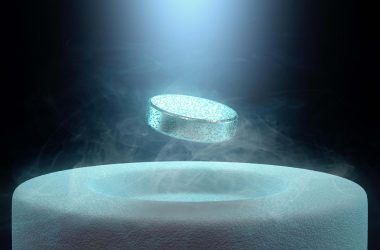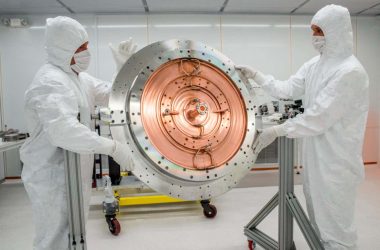If you happen to travel to Antarctica later this year, you might witness an unusual sight. Among the penguins, you may spot a massive balloon floating in the sky. This balloon is part of a groundbreaking experiment aimed at unraveling the mysteries of one of the most puzzling concepts in science – dark matter.
Scientists estimate that approximately 85% of the universe’s matter is made up of dark matter, a mysterious substance that does not reflect, emit, or absorb light. Its only known interaction is through gravity, which makes it incredibly challenging to detect. “Back in the 80s, when I talked about this, I thought we would figure it out within 10 years,” says Katherine Freese, an astrophysicist at the University of Texas at Austin. However, several decades later, the quest for understanding dark matter continues. “It’s clearly a more difficult problem than we anticipated.”
In light of this challenge, scientists searching for dark matter have become increasingly innovative. Their attempts to identify the nature of dark matter have included burying large containers of liquid xenon deep underground, studying the shape of lightning bolts, devising a plan to detect tiny explosions in minerals, examining ancient rocks for traces of dark matter, and analyzing observations from the James Webb Space Telescope for evidence of “dark stars.” This raises the question: are some of these proposed methods for finding dark matter too far-fetched? And when should we consider giving up on the pursuit?
The first indications that…












